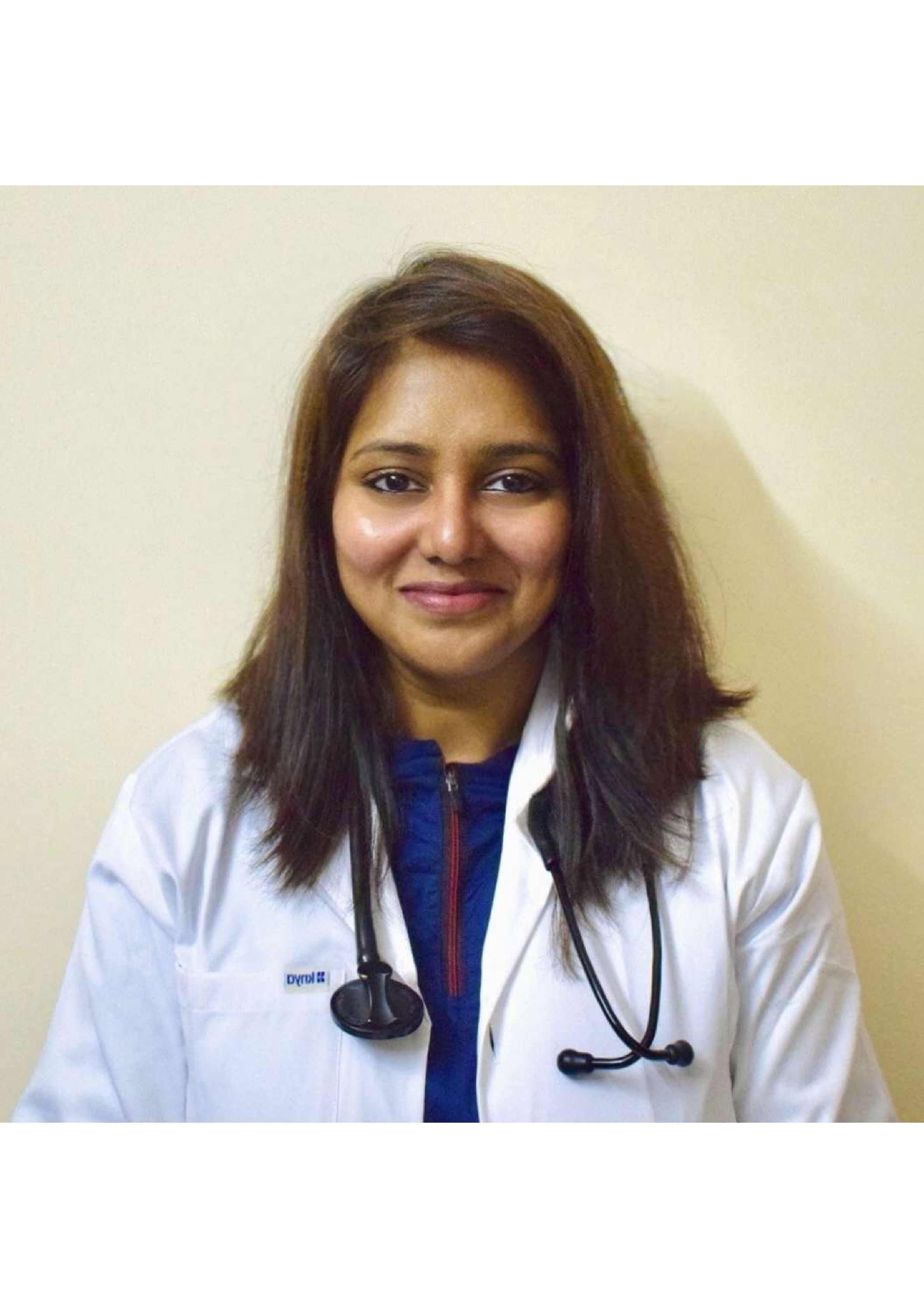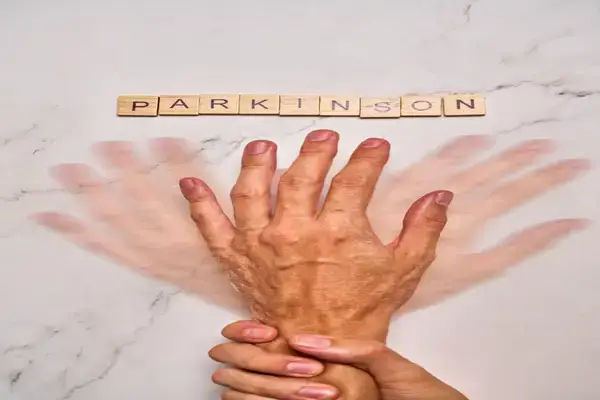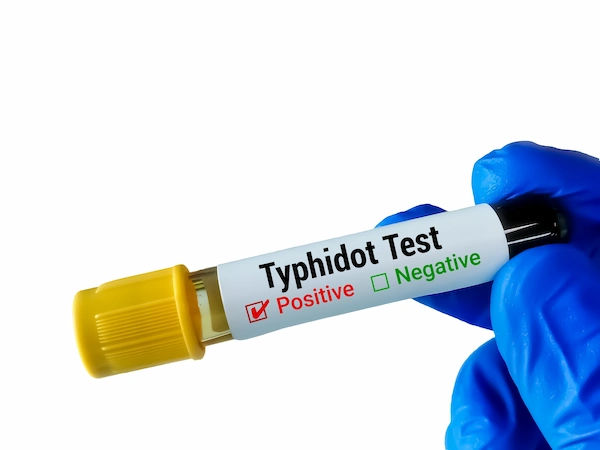Rare Diseases: Definition, Causes, and Diagnosis
What are rare diseases? Explore their definition, common genetic and environmental causes, and the complex process of getting an accurate diagnosis.

Written by Dr. Shaik Abdul Kalam
Reviewed by Dr. Rohinipriyanka Pondugula MBBS
Last updated on 13th Jan, 2026
.webp?tr=q-80,f-webp,w-350,dpr-2,c-at_max 700w)
Introduction
Rare diseases are medical conditions that affect a small percentage of the population, but they can have a significant impact on patients and their families. If you or a loved one has been diagnosed with a rare disease, you may have many questions. This article will help you understand what rare diseases are, their possible causes, how they are diagnosed, and where to seek support.
What Are Rare Diseases?
A rare disease is defined differently across countries. In the United States, a disease is considered rare if it affects fewer than 200,000 people. In Europe, it is classified as rare if it affects 1 in 2,000 people or fewer. There are over 7,000 known rare diseases, and while each one is uncommon, collectively, they affect millions of people worldwide.
Some examples of rare diseases include:
Cystic Fibrosis (affects lungs and digestion)
Huntington’s Disease (a genetic disorder affecting the brain)
Duchenne Muscular Dystrophy (a musclewasting condition)
EhlersDanlos Syndrome (affects connective tissues)
What Causes Rare Diseases?
Most rare diseases are caused by genetic mutations (changes in DNA). However, some may result from infections, environmental factors, or unknown causes. Here’s a breakdown:
1. Genetic Causes (70-80% of rare diseases)
Inherited from parents (e.g., sickle cell anemia, cystic fibrosis).
New (spontaneous) mutations that occur at conception (e.g., some cases of Duchenne muscular dystrophy).
2. Infections & Immune System Disorders
Some rare diseases are triggered by infections or autoimmune reactions (e.g., GuillainBarré syndrome).
3. Environmental Factors
Exposure to toxins, radiation, or certain chemicals may contribute to rare conditions.
4. Unknown Causes
In some cases, the exact cause remains unidentified, making diagnosis and treatment more challenging.
Common Symptoms of Rare Diseases
Since rare diseases vary widely, symptoms depend on the specific condition. However, some general signs that may indicate a rare disease include:
Unexplained developmental delays (in children)
Chronic pain or fatigue without a clear cause
Unusual physical features (e.g., facial differences, abnormal growth)
Neurological issues (seizures, muscle weakness)
Organ dysfunction (heart, liver, or kidney problems)
If you or a loved one experiences persistent or unusual symptoms that don’t improve with standard treatments, consulting a specialist may be necessary.
How Are Rare Diseases Diagnosed?
Diagnosing rare diseases can be difficult because symptoms often overlap with more common illnesses. However, doctors use several approaches:
1. Genetic Testing
DNA tests can identify mutations linked to specific rare diseases.
2. Imaging Scans (MRI, CT, Xrays)
Helps detect structural abnormalities in organs or tissues.
3. Blood & Urine Tests
Can reveal metabolic or biochemical irregularities.
4. Biopsy (Tissue Sample Analysis)
Used for conditions affecting muscles, skin, or organs.
5. Newborn Screening
Some rare diseases (like phenylketonuria) are detected early through newborn blood tests.
Challenges in Diagnosis
Misdiagnosis: Many patients see multiple doctors before getting the correct diagnosis.
Limited Awareness: Some doctors may not recognize rare conditions due to their rarity.
Delayed Treatment: Late diagnosis can worsen outcomes.
If you suspect a rare disease, consider seeking a second opinion or visiting a specialized rare disease center.
Consult Top Specialists for Personalised Tips
Managing Rare Diseases: Tips for Patients & Caregivers
While many rare diseases have no cure, treatments can help manage symptoms and improve quality of life. Here are some helpful tips:
1. Seek Expert Care
Connect with geneticists, neurologists, or specialists in rare diseases.
Hospitals like Apollo have dedicated teams for rare disease management.
2. Join Support Groups
Organizations like Rare Diseases India or NORD (National Organization for Rare Disorders) provide resources and emotional support.
3. Follow Treatment Plans
Some rare diseases require medications, physical therapy, or dietary changes.
Stick to prescribed treatments and attend regular checkups.
4. Maintain a Healthy Lifestyle
Eat a balanced diet, stay active (as permitted by the condition), and avoid smoking/alcohol.
5. Stay Informed
Research your condition from trusted sources like the World Health Organization (WHO) or patient advocacy groups.
When to See a Doctor?
If you or a family member has:
Persistent, unexplained symptoms
A family history of rare diseases
Developmental delays or unusual health issues
Consider booking a consultation with a specialist. Early diagnosis can make a big difference in managing rare diseases effectively.
How Apollo 24|7 Can Help?
If you need expert advice or diagnostic tests, Apollo24|7 offers:
Genetic counseling & testing
Access to rare disease specialists
Personalized treatment plans
You can schedule an online consultation or lab test through the Apollo24|7 app or website.
Final Thoughts
Living with or caring for someone with a rare disease can be challenging, but you’re not alone. Advances in medical research are improving diagnosis and treatment options every day. If you suspect a rare condition, don’t hesitate to seek medical help. With the right support, many patients lead fulfilling lives despite their diagnosis.
Stay hopeful, stay informed, and reach out for help when needed.
Consult Top Specialists for Personalised Tips

Dr. Syed Ismail Ali
General Practitioner
7 Years • MBBS
Hyderabad
Apollo 24|7 Clinic, Hyderabad

Dr. Vivek D
General Physician
4 Years • MBBS
Bengaluru
PRESTIGE SHANTHINIKETAN - SOCIETY CLINIC, Bengaluru

Dr Syed Mateen Pasha
General Physician
2 Years • MBBS
Bengaluru
PRESTIGE SHANTHINIKETAN - SOCIETY CLINIC, Bengaluru

Dr. Srujana Mulakalapalli
General Physician/ Internal Medicine Specialist
5 Years • MBBS, MD (GENERAL MEDICINE)
Bengaluru
Apollo Medical Center, Marathahalli, Bengaluru
(25+ Patients)

Dr. Harshendra Jaiswal
General Physician/ Internal Medicine Specialist
12 Years • MBBS , MD (General medicine)
Kolkata
108 DHANA DHANVANTARI Clinic, Kolkata
(25+ Patients)




